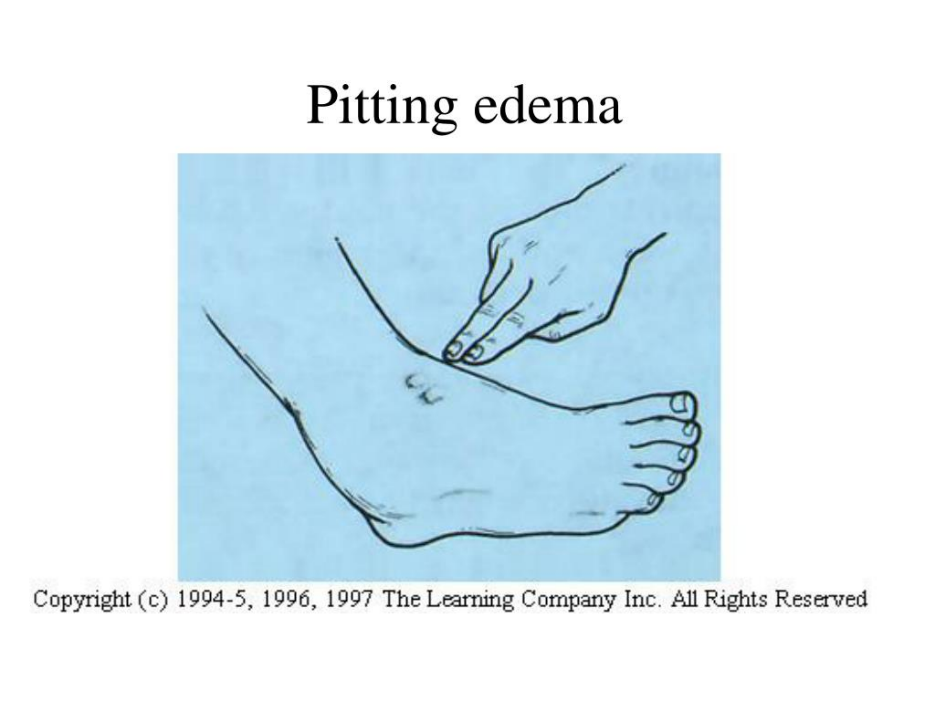A nurse prepares an educational session on the importance of oral hygiene. Which teaching tip should be included in the section about preventing gingivitis?
A firm toothbrush is most effective in plaque removal.
Brushing more than twice per day irritates the gums.
Ensure that dental restorations fit well.
Avoid flossing if there is bleeding at the gumline.
The Correct Answer is C
Choice a reason:
A firm toothbrush is not recommended for plaque removal as it can damage the gums and tooth enamel. Soft-bristled toothbrushes are preferred because they are effective at removing plaque while being gentle on the gums and enamel.
Choice b reason:
Brushing more than twice per day does not necessarily irritate the gums unless done with improper technique or with a hard-bristled toothbrush. It is important to brush gently with a soft-bristled toothbrush and to use fluoride toothpaste to maintain oral hygiene and prevent gingivitis.
Choice c reason:
Ensuring that dental restorations such as fillings and crowns fit well is crucial in preventing gingivitis. Poorly fitted restorations can trap food particles and bacteria, leading to plaque buildup and gum inflammation. Regular dental check-ups can help ensure that restorations remain intact and do not contribute to gingivitis.
Choice d reason:
Flossing should not be avoided even if there is bleeding at the gumline. Bleeding can be a sign of gingivitis, and flossing can help remove the plaque and bacteria causing the inflammation. If bleeding persists, it is important to consult a dentist.
Nursing Test Bank
Naxlex Comprehensive Predictor Exams
Related Questions
Correct Answer is B
Explanation
Choice A reason:
Diabetes mellitus is not typically associated with pitting edema unless it has led to a comorbid condition such as heart failure or kidney disease. Pitting edema is more commonly associated with fluid retention due to the body's inability to manage fluid balance, which is not a direct consequence of diabetes mellitus itself.
Choice B reason:
Liver disease, particularly cirrhosis, can lead to pitting edema. The liver's inability to produce albumin, a protein that helps maintain oncotic pressure in the blood vessels, and portal hypertension, which is an increase in the blood pressure within the portal vein system, can both contribute to the development of pitting edema.
Choice C reason:
End-stage renal disease can also cause pitting edema due to the kidneys' inability to excrete excess fluid. However, the edema associated with renal disease is often more generalized and not limited to the lower extremities.
Choice D reason:
Colon cancer is not typically associated with pitting edema unless it has metastasized and caused secondary complications that affect the liver or the heart. Pitting edema is not a direct symptom of colon cancer itself. 
Correct Answer is B
Explanation
Choice A reason:
Facial expression is an important aspect of the general survey as it can provide clues about a patient's emotional state and possible pain. However, it is not directly related to the patient's level of consciousness. After a motor vehicle crash, assessing facial expression is crucial to identify any signs of distress, trauma, or neurological impairment.
Choice B reason:
Level of consciousness is a critical component of the general survey, especially in the context of trauma or potential neurological injury. It refers to the patient's awareness and responsiveness to the environment. Assessing the level of consciousness involves determining if the patient is awake, alert, and oriented to time, place, and person, which is essential for establishing a baseline cognitive function and detecting any changes that may indicate deterioration or improvement in their condition.
Choice C reason:
Posture, gait, motor activity, and speech are assessed to evaluate the musculoskeletal and neurological systems. While these are important in the context of a motor vehicle crash, they are not specifically related to the level of consciousness. These assessments help identify any deficits that may result from injuries sustained during the crash, such as fractures, dislocations, or neurological damage affecting movement and coordination.
Choice D reason:
The apparent state of health is a broad assessment that includes the patient's overall appearance and any signs that may indicate acute or chronic illness. In the emergency setting, this may involve observing for signs of trauma, shock, or other life-threatening conditions. While it is an essential part of the general survey, it is not specifically focused on the level of consciousness but rather on the patient's general well-being and any obvious health concerns.
Whether you are a student looking to ace your exams or a practicing nurse seeking to enhance your expertise , our nursing education contents will empower you with the confidence and competence to make a difference in the lives of patients and become a respected leader in the healthcare field.
Visit Naxlex, invest in your future and unlock endless possibilities with our unparalleled nursing education contents today
Report Wrong Answer on the Current Question
Do you disagree with the answer? If yes, what is your expected answer? Explain.
Kindly be descriptive with the issue you are facing.
